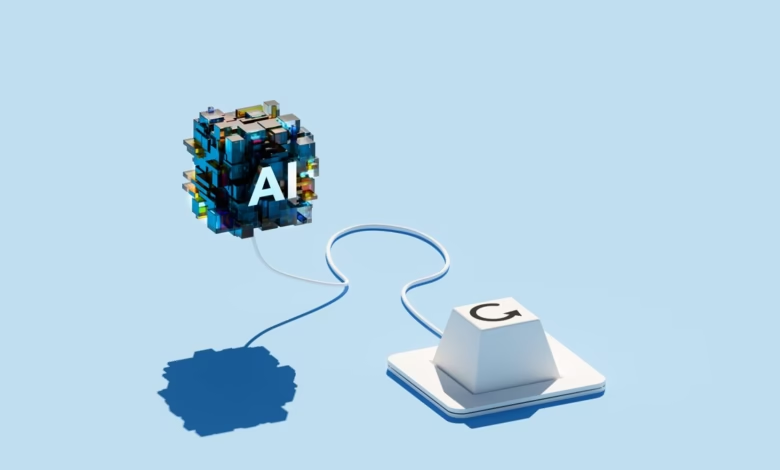Getty’s Historic AI Copyright Trial Kicks Off in UK

▼ Summary
– Getty Images sued Stability AI in January 2023, alleging unauthorized use of its copyrighted images to train AI models without a license.
– Getty claims it has licensed its images to other tech companies for AI training, but Stability AI bypassed this legal route for commercial gain.
– Stability AI responded that it takes the lawsuit seriously but disputes the claims, stating the training didn’t occur in the UK and outputs rarely resemble Getty’s images.
– The UK High Court began hearing the case on June 9, while a similar U.S. lawsuit by Getty remains pending.
– Stability AI argues the case threatens AI innovation, while Getty insists it’s about enforcing copyright law, not opposing AI development.
The legal battle between Getty Images and Stability AI over AI training data has reached the UK High Court, marking a pivotal moment for copyright law in the age of generative artificial intelligence. This case could set important precedents for how intellectual property rights apply to AI development.
Getty Images alleges that Stability AI unlawfully used millions of its copyrighted photos and metadata to train its AI models without obtaining proper licensing. The stock photo giant claims this was done to further Stability AI’s commercial interests while disregarding the rights of content creators. Getty emphasizes that it has previously licensed its content to other tech companies for AI training purposes, but Stability AI allegedly bypassed this process entirely.
Stability AI, the company behind the Stable Diffusion image generator, disputes these claims. The firm argues that its training data wasn’t sourced in the UK and that the AI-generated images don’t directly replicate Getty’s copyrighted material. According to reports, Stability AI maintains that only a minimal fraction of its outputs bear any resemblance to Getty’s photos.
The case has broader implications beyond just these two companies. Stability AI’s legal team warns that Getty’s lawsuit could stifle innovation across the generative AI industry by restricting access to training data. A spokesperson for the company framed the dispute as a clash between technological progress and intellectual property constraints, asserting that AI tools rely on collective human knowledge, which should fall under fair use protections.
Getty’s lawyers, however, reject the notion that this is an attack on AI as a whole. Instead, they frame it as a straightforward copyright issue. The company insists that AI firms should compensate content creators when using their work, rather than exploiting it without permission. “This isn’t about stopping AI—it’s about ensuring fair compensation for copyrighted material,” Getty’s legal team argued in court.
The outcome of this trial could influence ongoing legal battles worldwide, including a similar lawsuit Getty filed against Stability AI in the U.S. As AI continues to evolve, courts will play a crucial role in balancing innovation with the protection of intellectual property rights. The decision may ultimately shape how future AI models are trained and what obligations tech companies have toward original content creators.
(Source: Mashable)





